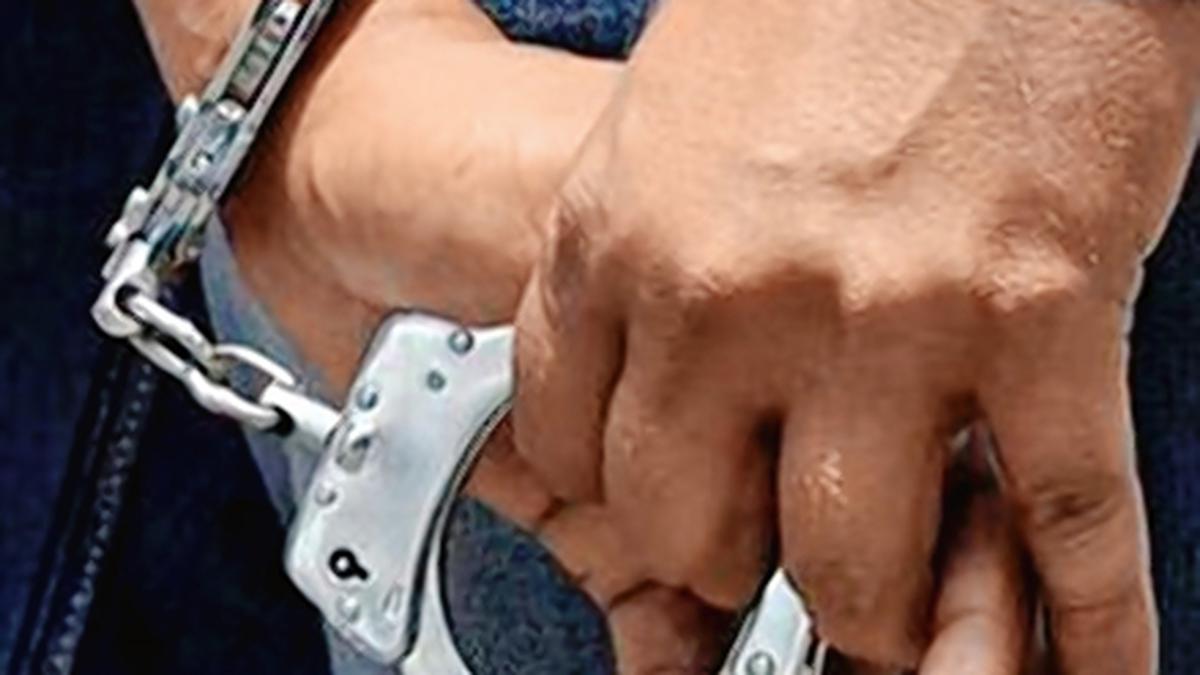
Handcuffs should not be used for economic offenders, recommends Parliamentary panel
The Hindu
The Parliamentary Standing Committee on Home Affairs, headed by BJP MP Brijlal, also recommended changes to the Bharatiya Nagarik Suraksha Sanhita (BNSS) on the issue of police custody of an accused beyond the first 15 days from arrest.
“People taken into custody for economic offences should not be handcuffed and clubbed with those arrested for heinous crimes such as rape and murder,” a Parliamentary Committee has recommended.
The Parliamentary Standing Committee on Home Affairs, headed by BJP MP Brijlal, also recommended changes to the Bharatiya Nagarik Suraksha Sanhita (BNSS) on the issue of police custody of an accused beyond the first 15 days from arrest.
The Bharatiya Nagarik Suraksha Sanhita (BNSS-2023) Bill was introduced in the Lok Sabha on August 11 along with the Bharatiya Nyaya Sanhita (BNS-2023) and the Bharatiya Sakshya Adhiniyam (BSA-2023) Bills.
The three proposed laws seek to replace the Code of Criminal Procedure Act, 1898, the Indian Penal Code, 1860, and the Indian Evidence Act, 1872, respectively.
The Parliamentary panel noted that it felt the use of handcuffs, as outlined in Clause 43(3) of the BNSS, is appropriately restricted to select heinous crimes to prevent escape of individuals accused of serious offences and ensure safety of police officers and staffers during arrests.
However, the Committee is of the view that "economic offences" should not be included in this category. This is because the term "economic offences" encompasses a wide range of offences — from petty to serious — and therefore, it may not be suitable for blanket application of handcuffing in all cases falling under this category.

Several principals of government and private schools in Delhi on Tuesday said the Directorate of Education (DoE) circular from a day earlier, directing schools to conduct classes in ‘hybrid’ mode, had caused confusion regarding day-to-day operations as they did not know how many students would return to school from Wednesday and how would teachers instruct in two modes — online and in person — at once. The DoE circular on Monday had also stated that the option to “exercise online mode of education, wherever available, shall vest with the students and their guardians”. Several schoolteachers also expressed confusion regarding the DoE order. A government schoolteacher said he was unsure of how to cope with the resumption of physical classes, given that the order directing government offices to ensure that 50% of the employees work from home is still in place. On Monday, the Commission for Air Quality Management in the National Capital Region and Adjoining Areas (CAQM) had, on the orders of the Supreme Court, directed schools in Delhi-NCR to shift classes to the hybrid mode, following which the DoE had issued the circular. The court had urged the Centre’s pollution watchdog to consider restarting physical classes due to many students missing out on the mid-day meals and lacking the necessary means to attend classes online. The CAQM had, on November 20, asked schools in Delhi-NCR to shift to the online mode of teaching.










